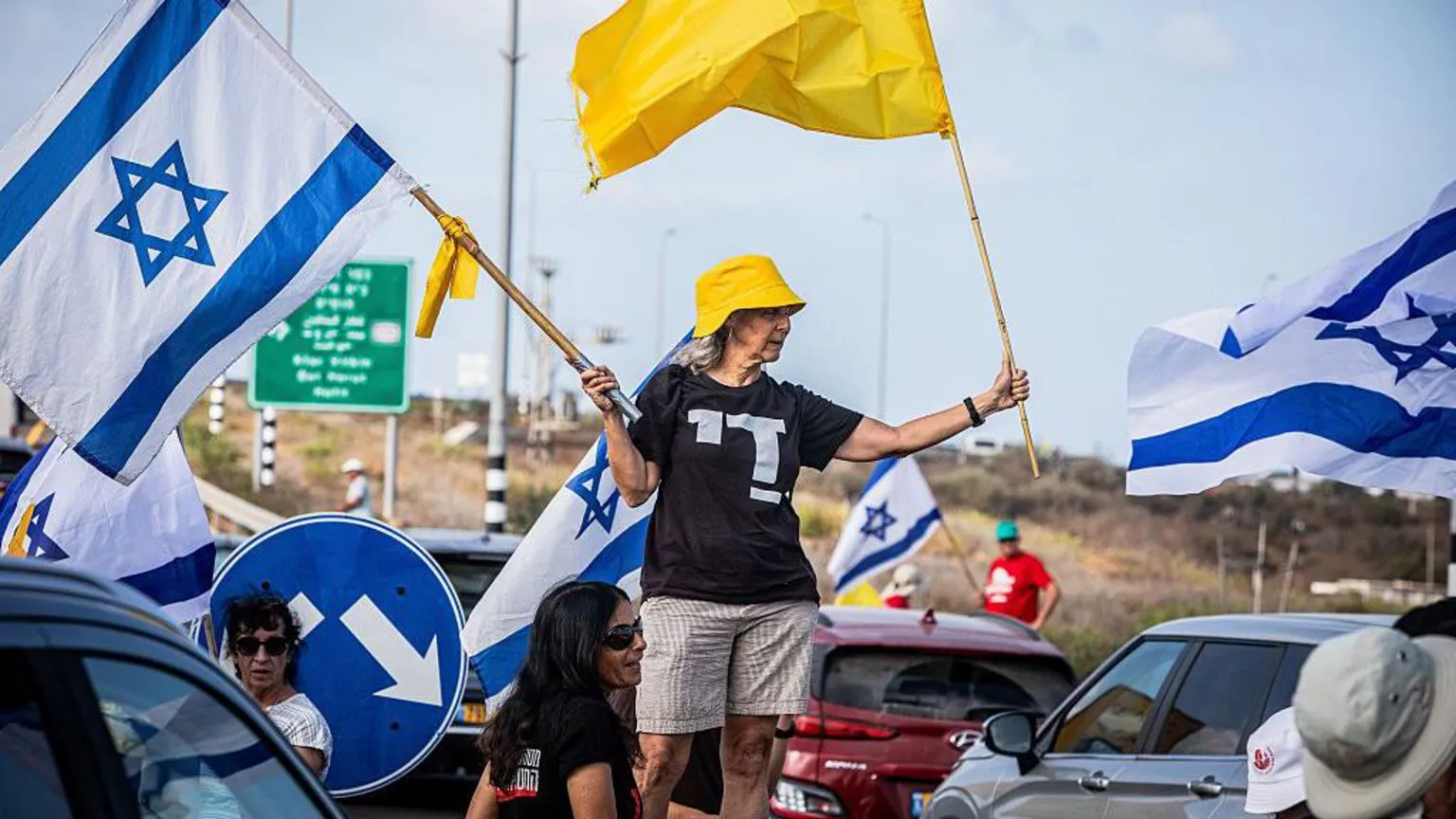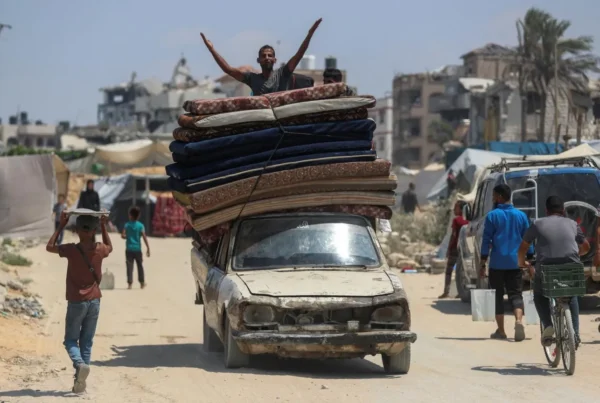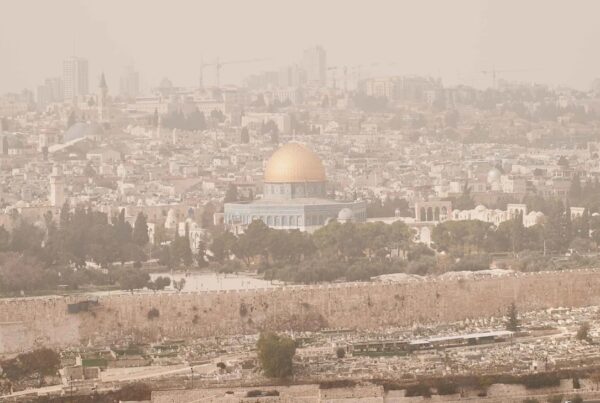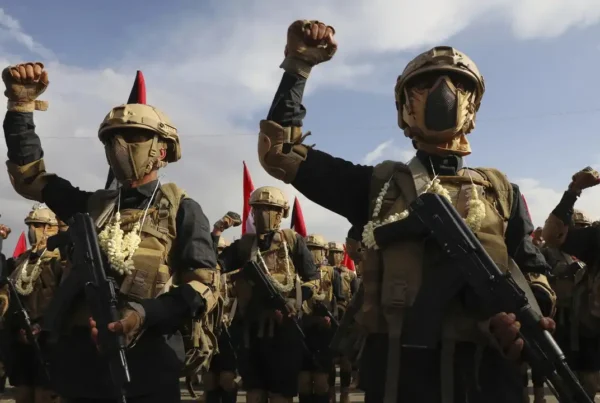Israel has reinforced its stance in the Gaza conflict by declaring that a ceasefire will only be possible if all hostages are released. This firm statement throws the 60-day ceasefire proposal presented by Hamas through international mediators into uncertainty.
Israel’s Demands and Hamas’s Offer
The Israeli government stated there will be no compromise on the issue of hostages. According to a Reuters report, Hamas offered to release around 10 living hostages and 18 bodies as part of a temporary ceasefire, in exchange for the release of hundreds of Palestinian prisoners. However, Israel insisted that all 50 hostages must be returned before any truce can take effect.
Meanwhile, Hamas and mediators from Egypt and Qatar hoped this agreement could serve as a gateway to a longer peace process. The United States has also voiced support, stressing that a truce is vital to open humanitarian aid corridors.
Impact on the Ceasefire Plan
Tensions escalated as The Guardian reported that Israel promised to deliver an official response by Friday. Yet Israel’s demand for the release of all hostages first makes the likelihood of reaching a ceasefire increasingly slim.
For Hamas, the 60-day truce offer was designed as a strategic pause to halt Israeli strikes and improve conditions in Gaza. For Israel, however, partial steps are unacceptable, as the full release of hostages is seen as non-negotiable. This fundamental clash casts significant doubt over the latest peace proposal.
Political Pressure Inside Israel
Domestically, Prime Minister Netanyahu’s government faces mounting political pressure. Public demonstrations have erupted in Tel Aviv and other major cities, with protesters demanding the government act swiftly to bring the hostages home. Families of victims have also urged compromise to secure the hostages’ release.
Yet far-right parties within Netanyahu’s coalition reject any ceasefire, insisting the war must continue until Hamas is fully defeated. This leaves Netanyahu in a precarious position, caught between public demands for an agreement and internal political realities.
International Response
Observers warn Israel’s stance could hinder prospects for short-term peace. The United States, Egypt, and Qatar, all acting as mediators, emphasize the importance of starting with a temporary truce. Humanitarian groups also urge immediate access for aid convoys to Gaza, where civilians face dire shortages of food, water, and medical supplies.
Humanitarian Impact in Gaza
Conditions in Gaza continue to deteriorate. Reports indicate thousands of civilians struggle to access basic necessities under the prolonged blockade. Hospitals are overwhelmed as casualties mount daily. In this context, a ceasefire is seen as crucial to enabling humanitarian assistance and preventing further loss of life.
Possible Direction of Negotiations
If Israel maintains its current position, negotiations risk reaching a deadlock. Hamas is unlikely to fulfill the demand for a complete hostage release in the short term. Meanwhile, international pressure will persist, pushing both sides toward compromise.
The dispute over Gaza hostages underscores how fragile the path to peace remains in the Middle East. Israel rejects half measures while Hamas seeks room to maneuver. Amid this deadlock, the international community continues to hope negotiations can save lives, reopen humanitarian corridors, and end a cycle of violence that has already cost so much.




